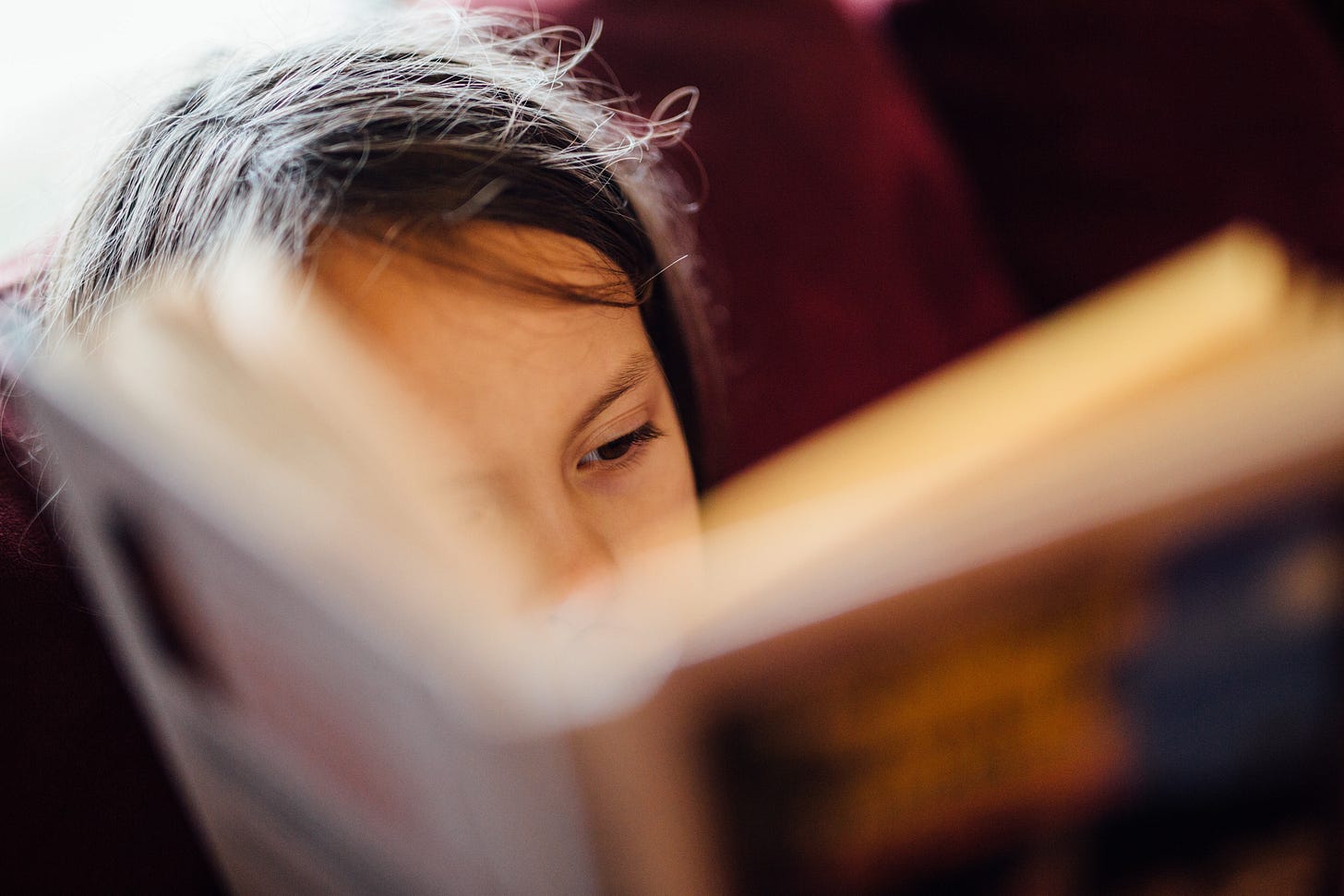A liberal arts education is for the free
Enrollment for the Young Wanderers subscription box reading program will close on Sept. 15th; sign up now!

Read everything. That was the advice a professor in my graduate program told every new round of students. She gave this piece of advice because after leaving the program, even if the newly-minted Ph.D. students secured jobs as university professors, graduates would never again have the freedom to spend time reading studies for the sake of learning. Granted, many graduate students work, which takes time away from reading for the sake of reading, but for the most part, the time to read a wide array of research papers and books is more accessible during graduate school than after leaving the program.
A liberal arts education aims to heed this advice. In fact, its entire approach is centered around reading.
A liberal arts education is one that is proper for free people. This can be understood as education for those who live in societies where people are expected to self-govern, or as education for those who have the leisure time to pursue the life of the mind—a life dedicated to thinking. Education in the United States meets both criteria. When the young mature into adults they are expected to self-govern, thus education, although this often doesn't play out in reality, should focus on preparing students for life in a self-governing society. And, because young people are required to attend school, or be educated in some sort of manner, for most of their childhood, they have the leisure to live the life of the mind. Certainly, if children attend school, they don't necessarily enjoy leisure time, as school is hyper-structured, but, at least theoretically, a school day could be dedicated to reading and contemplation. Plus, the young cannot legally hold a job until they are age 15, and even at that point, the amount of time they are allowed to work is limited until they turn 18, granting more leisure time.
Whether one goes to school to become educated or they are educated at home, they have the freedom, the leisure to pursue the life of the mind. So, really, my professor's advice is not just applicable to graduate students, but also, and maybe even more so, to young people under the age of 18. This age group is expected to be under the care of their parents, only working minimally, if at all. A young person's whole life prior to the age of 18 is about learning and exploration. They should spend part of it reading everything they can, but specifically the good stuff. Because, even though childhood is supposed to be centered around learning compared to when they mature into adults, the young can never read everything. Therefore, the time they have should be spent reading things worth reading—i.e., the thoughts of the most important philosophers, the poems written by the best poets, and the adventures created by the best fiction writers.
The Young Wanderers program feeds young people a small piece of the good stuff. Young Wanderers, by the end of the program, have read 30 works of imaginative literature. Over the course of three years, they have spent their leisure well, entering the worlds created by some of the best fiction writers. Their lives have been enriched by spending time in a different reality, meeting new and interesting characters along the way.
If you have a child between the ages of 7 and 12, sign them up for the Young Wanderers program to help them spend their leisure well. Young Wanderers will enjoy the subscription box experience, and you will enjoy being welcomed into a community of other caregivers who appreciate and are dedicated to a liberal arts education. Enrollment for the founding member launch will close this coming Friday, September 15th. Enrollment will not open again until 2024, at which point the price will increase from $24.95 to $39.95 a month. If you are interested in learning more about the founding member launch, email me at samantha@eduthirdspace.com.



